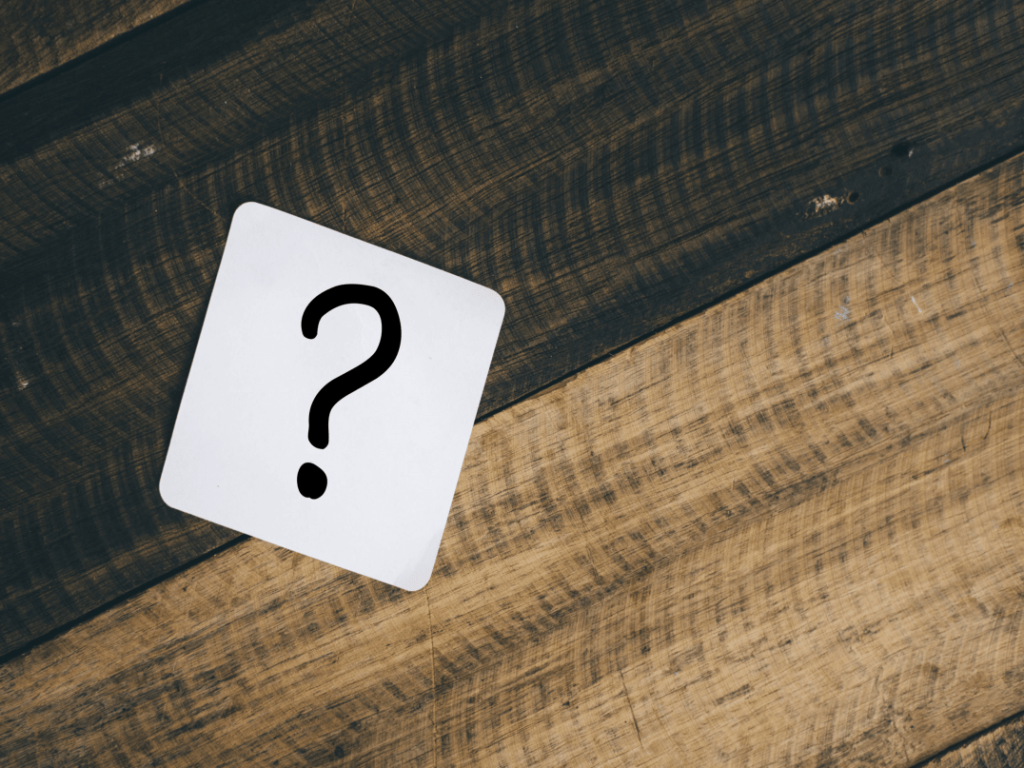Questions are an integral part of our daily interactions, and when you’re learning a new language like Arabic, you’ll undoubtedly have many! The good news is that how to ask a question in Arabic isn’t as daunting as it might seem. We have a questions in Arabic for you right now that you’ll surely be able to answer by the end of this guide: “هل تعلم كيف تسأل باللغة العربية؟” (hal taʿlam kayfa tasʾal bi-al-lughah al-ʿarabiyyah? – Do you know how to ask in the Arabic language?)
Knowing the Arabic question words and their meanings is key to both asking and understanding simple Arabic questions and answers. From WH questions in Arabic to basic inquiries, we’ve got you covered with Arabic question words with examples.
Yes/No Questions in Arabic
These questioning words in Arabic are your go-to for questions that require a simple “yes” or “no” answer. They work in both formal and informal settings.
- ؟/a/ أ – This is the Arabic letter hamza used as an interrogative. It can also be used for questions with a negative statement.
- Are you here? – هل أنت هنا؟ (hal anta hunaa?)
- Did you read the instructions? – أقرأت التعليمات ؟ (ʾa qaraʾta ittaʿleemaat?)
- Don’t you have friends? – أليس لديك أصدقاء ؟ (ʾa laysa ladayka ʾaSdiqaaʾ?)
- Don’t you know that the appointment is today? – ألا تعلم أن الموعد اليوم ؟ (ʾa laa taʿlam ʾanna ilmawʿida ilyawm?)
- /hal/ هل – This is another common particle for yes/no questions.
- Are you okay? هل أنت بخير؟ (hal anta bi-khayr?)
WH Questions in Arabic
These Arabic question words are used to ask for more specific information.
- Asking About People (“Who”)
- مَنْ؟ (man?)
- Who wrote the question? – من كتب السؤال؟ (man kataba al-suʾaal?)
- Who’s here? – من هنا؟ (man hunaa?)
- Asking About Manner (“How”)
- كَيْفَ؟ (kayfa?) – This is generally used in formal Arabic.
- How did you write the book? – كيف كتبت الكتاب؟ (kayfa katabta al-kitaab?)
- How do you see me? – كيف تراني؟ (kayfa taraanee)
- Asking About Time (“When”)
- مَتَى؟ (mataa?)
- When did you see your friend? – متى رأيت صديقك؟ (mataa raʾayta Sadeeqak?)
- When are you coming? – متى ستأتي؟ (mataa sataʾtee?)
- Asking About Things (“What”)
- مَا؟ (maa?) – Typically used in questions with a verb.
- What’s your name? – ما اسمك؟ (maa ismuka?)
- مَاذَا؟ (maaTHaa?) – Typically used in questions without a verb or at the beginning of a sentence. This is the matha in Arabic.
- What are we doing today? – ماذا سنعمل اليوم؟ (maadhaa sanaʿmal ilyawm?)
- What about your friend? – ماذا عن صديقك؟ (maaTHaa ʿan Sadeeqak?)
- Asking About Reason (“Why”)
- لِمَاذَا؟ (limaaTHaa?) – This is the standard “why in Arabic”. The “limadha meaning” literally breaks down to “for what” (li – for, maaTHaa – what). This is the “limaaTHaa in Arabic” and “limadha meaning in English” is “why”.
- Why are you here? – لماذا أنت هنا؟ (limaaTHaa ʾanta hunaa?)
- Why do you want the pen? – لماذا تريد القلم؟ (limaaTHaa tureed ilqalam?)
- Asking About Place (“Where”)
- أَيْنَ؟ (ʾayna?)
- Where are you from? – من أين أنت؟ (min ʾayna ʾanta?)
- Where are you going? – إلى أين ذاهب؟ (ʾilaa ʾayna THaahib?)
- Asking About Quantity (“How much/many”)
- كَمْ؟ (kam?)
- How old are you? – كم عمرك؟ (kam ʿumruka?)
- How much/many do you want? – كم تريد؟ (kam tureed?)
- Specifically used for asking about price. – بِكَمْ؟ (bi-kam?)
- How much is a kilo of potatoes? – بكم كيلو البطاطا؟ (bi-kam keeloo ilbaTaaTaa?)
- Asking About Possession (“Whose”)
- لِمَنْ؟ (liman?) – Literally “for whom”.
- Whose bag is this? / Whom does this bag belong to? – لمن هذه الشنطة؟ (liman haTHihi ilshanTah?)
- Asking About Choice (“Which”)
- أَيُّ؟ (ʾayy?)
- Which story do you mean? – أي قصة تقصد؟ (ʾayy qiṣṣah taqṣid?)
- Which type is the best? – اي نوع أفضل؟ (ʾayy nawʿun ʾafdhal?)
Asking questions in Arabic language doesn’t seem so complicated now, does it? You’ve now learned how to ask “where in Arabic,” “when in Arabic,” “how,” “whose,” and more! Keep practicing these Arabic question words with examples, and you’ll be engaging in conversations in no time. We’re guessing your answer to our initial questions in Arabic is now a resounding “yes”! Don’t forget to download the Kaleela app to learn more!



